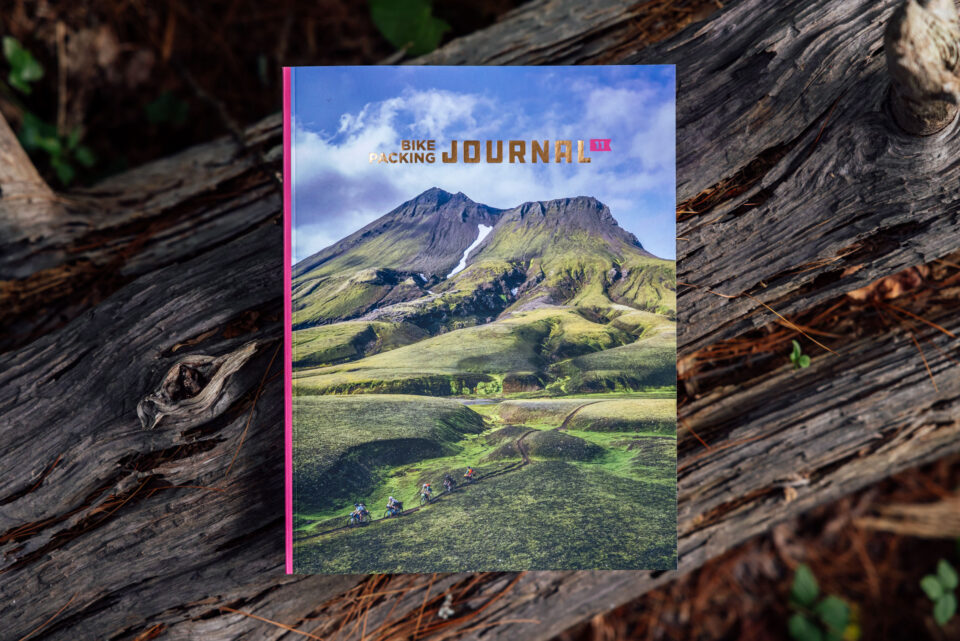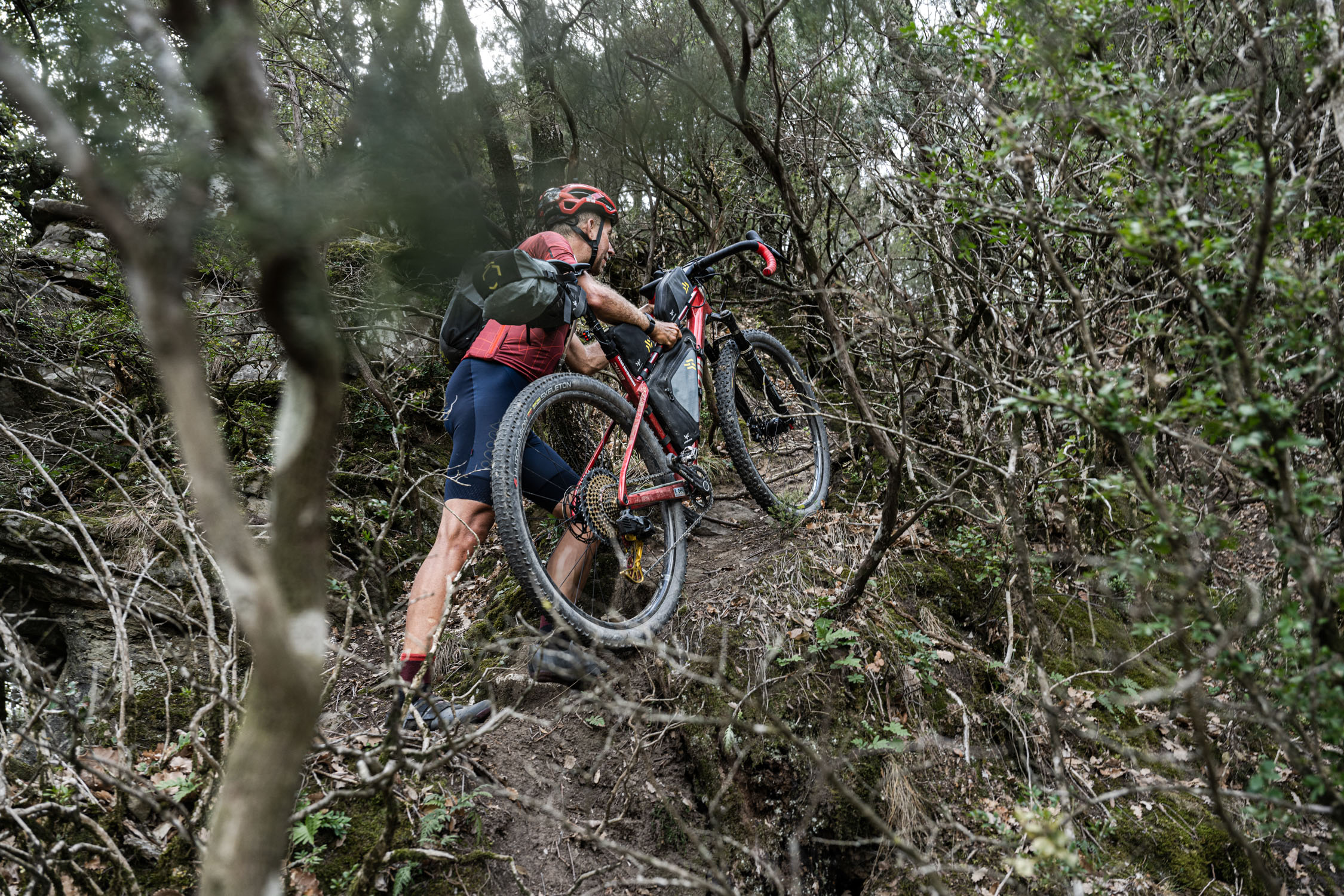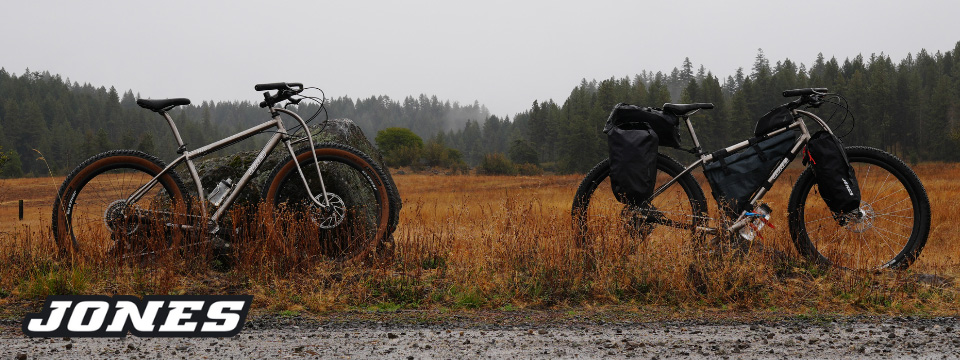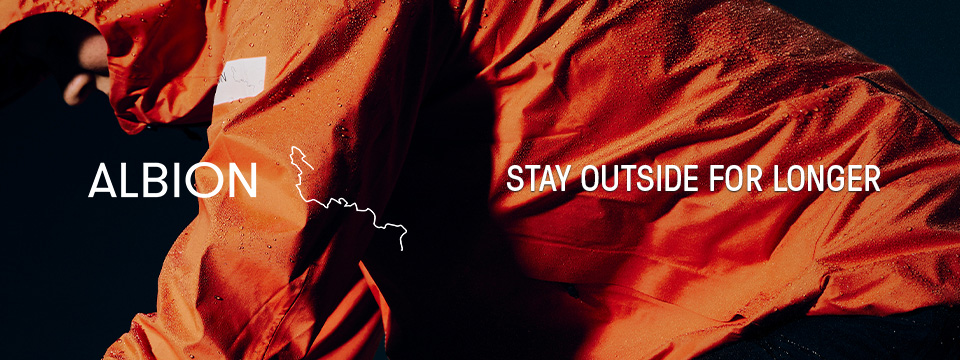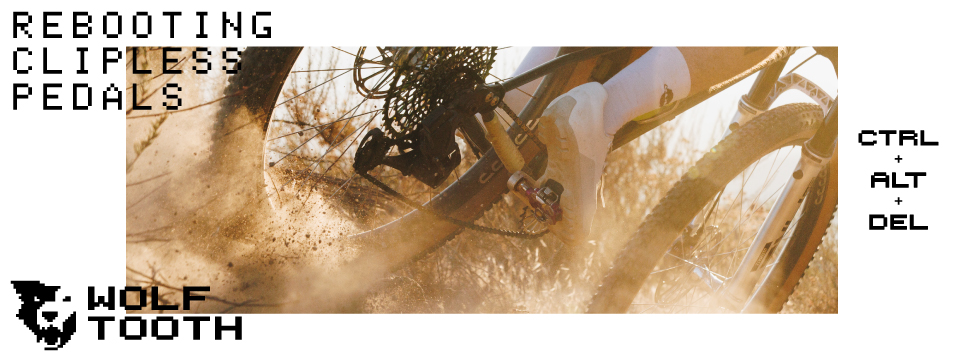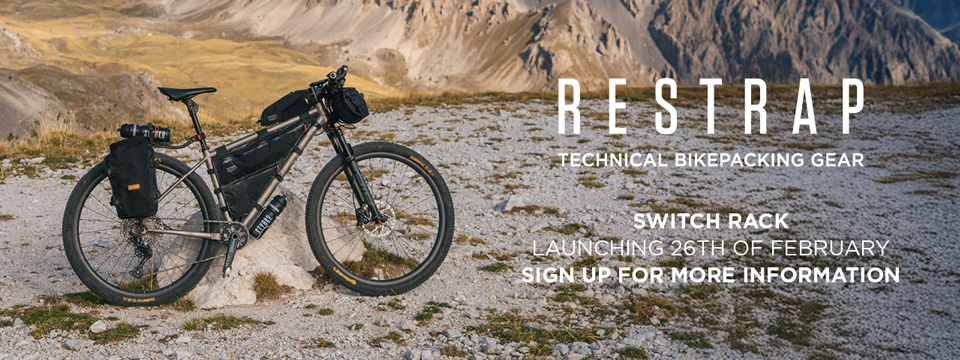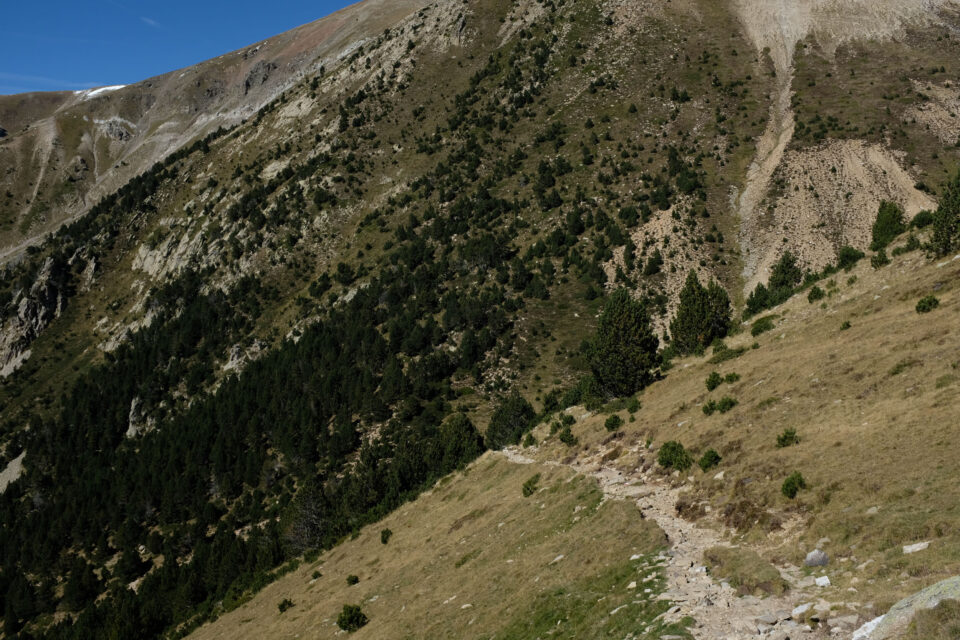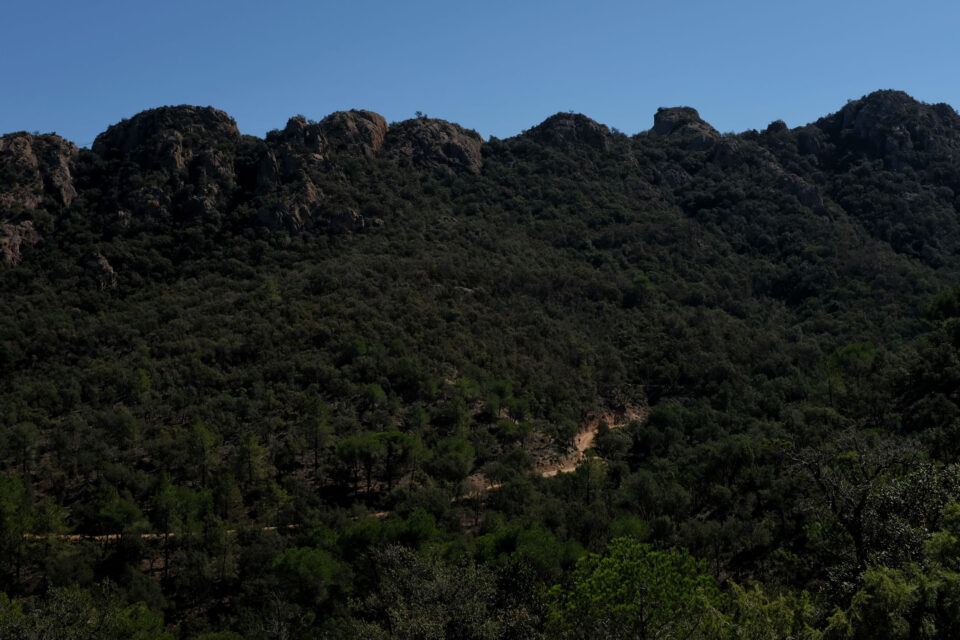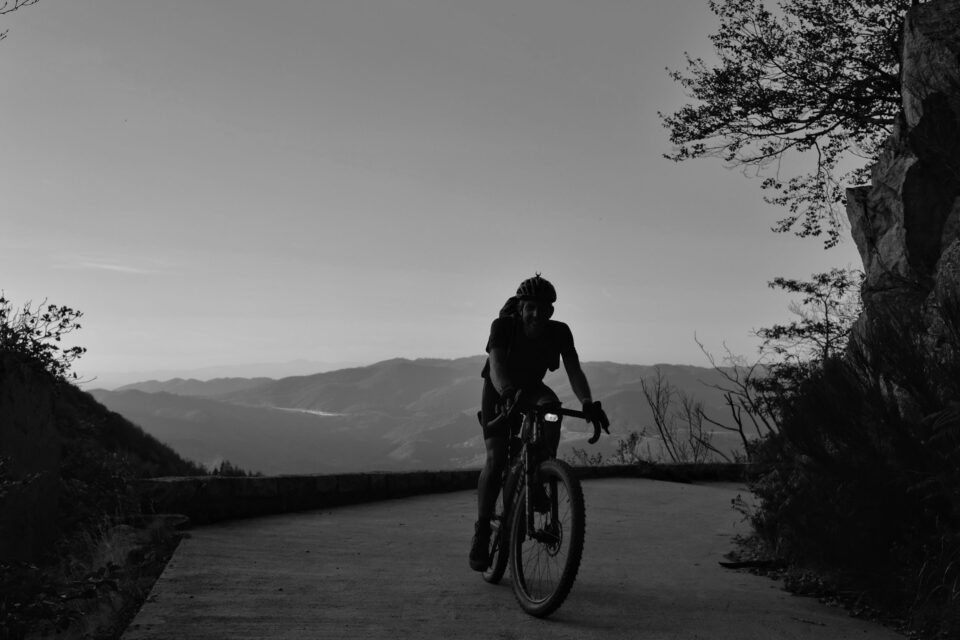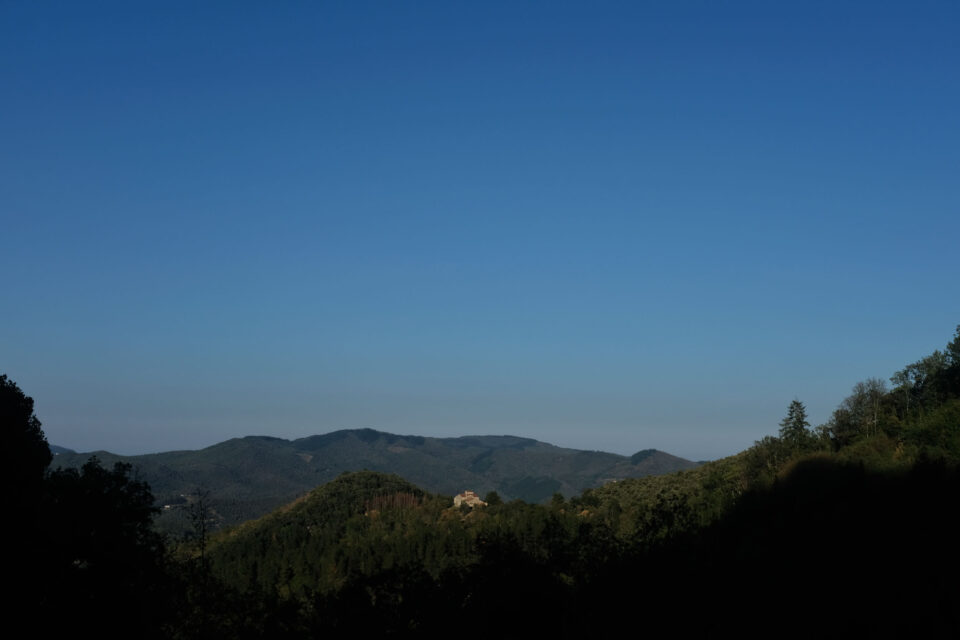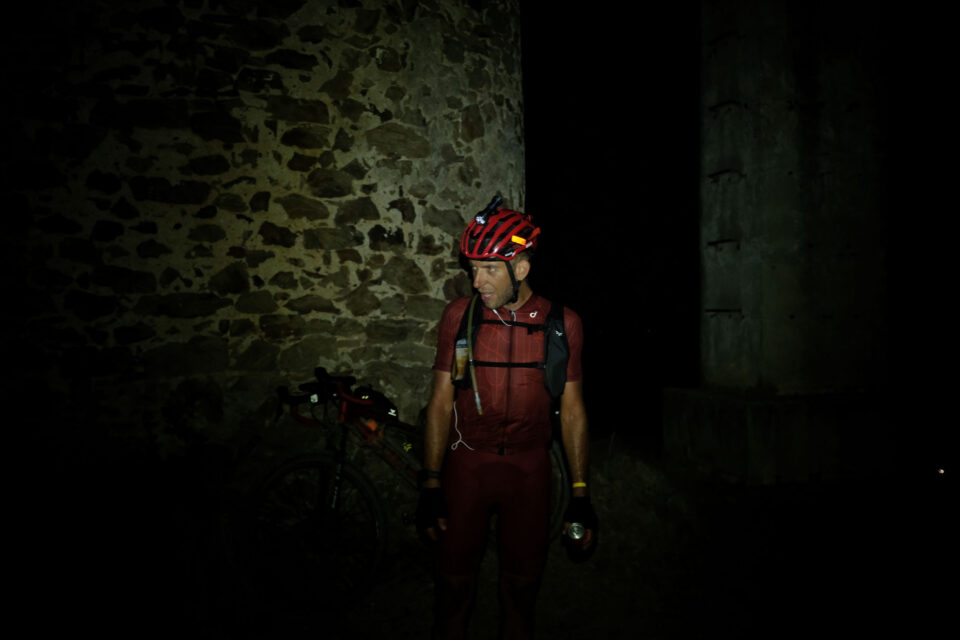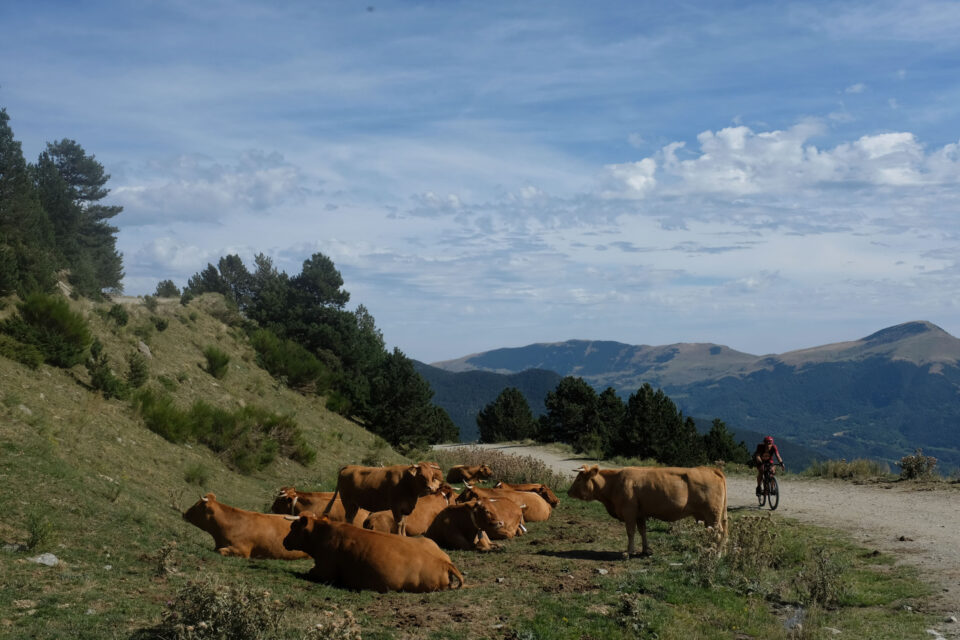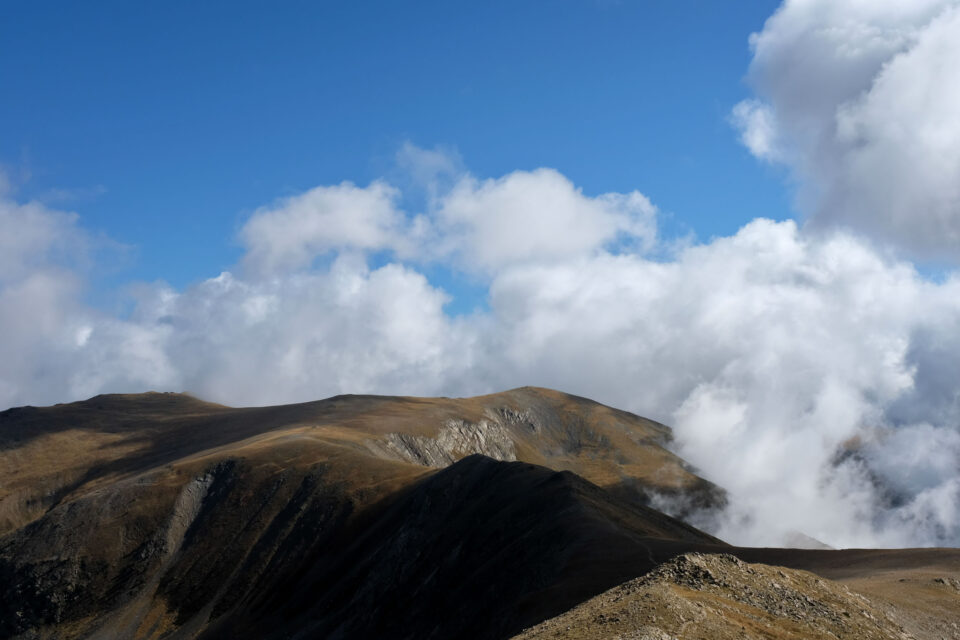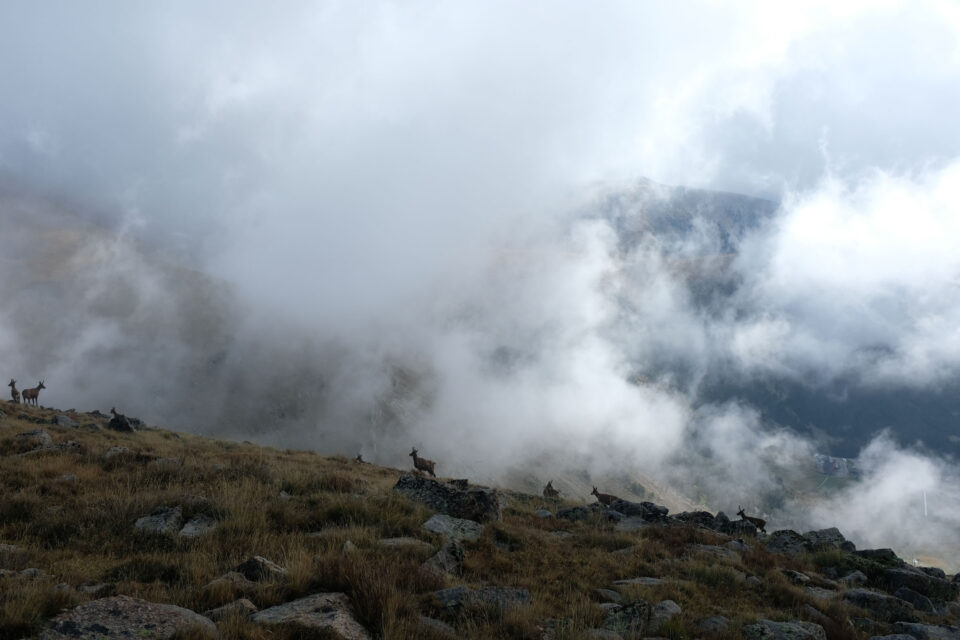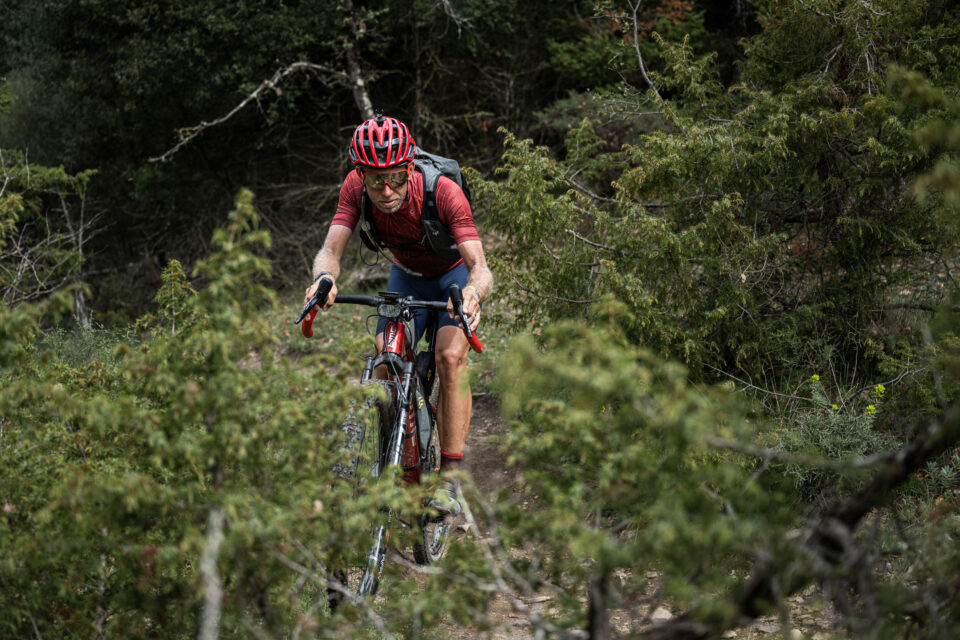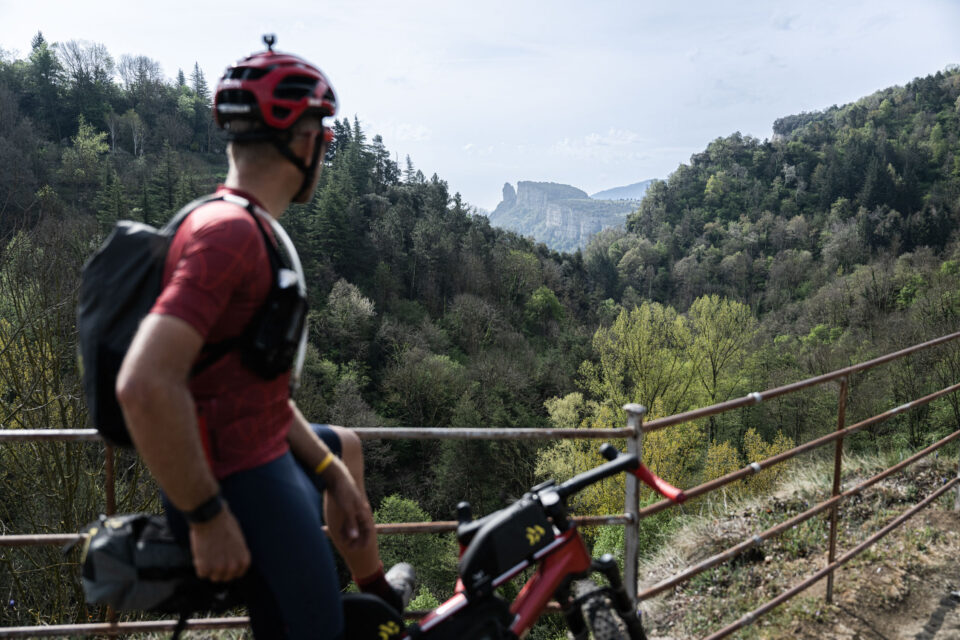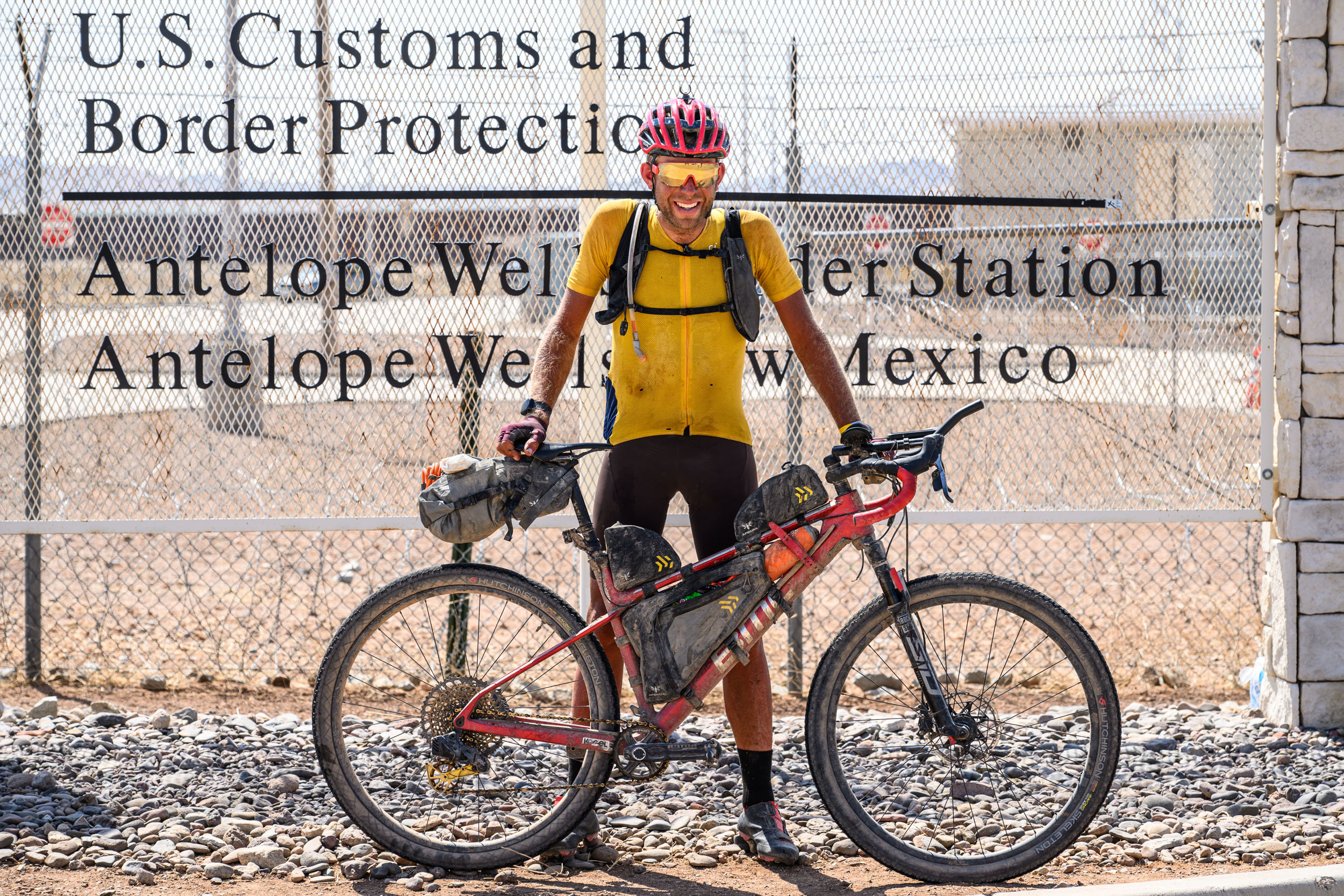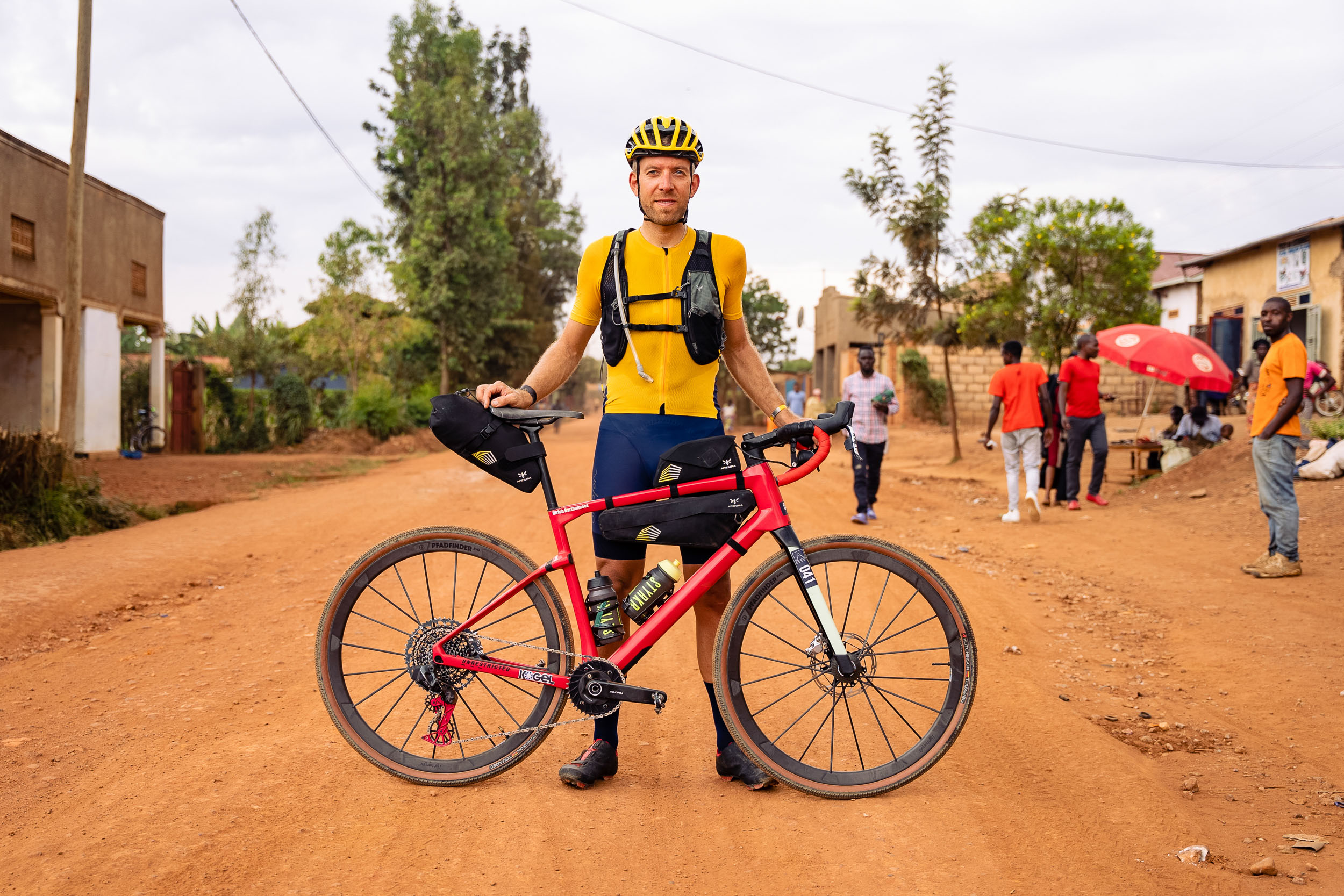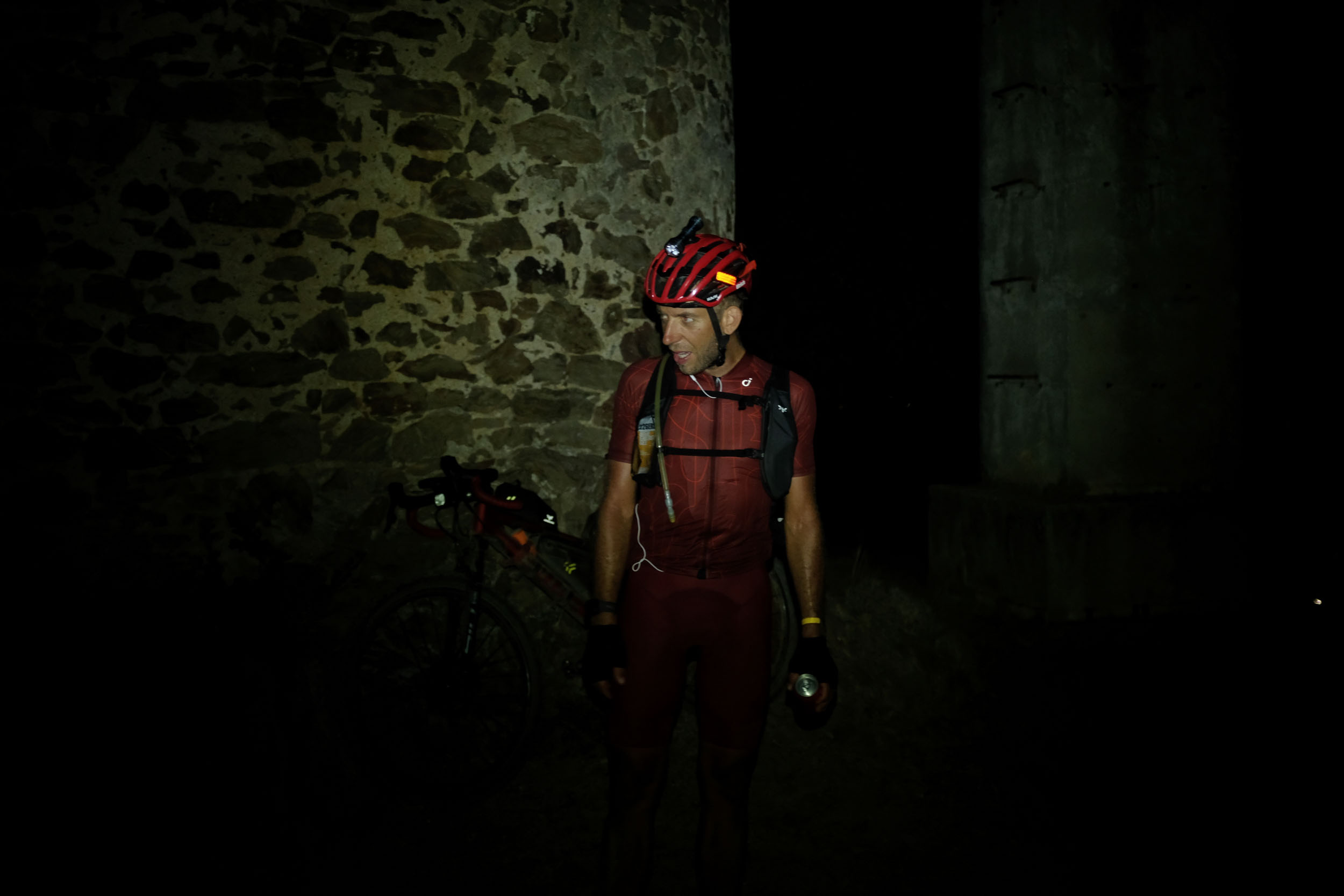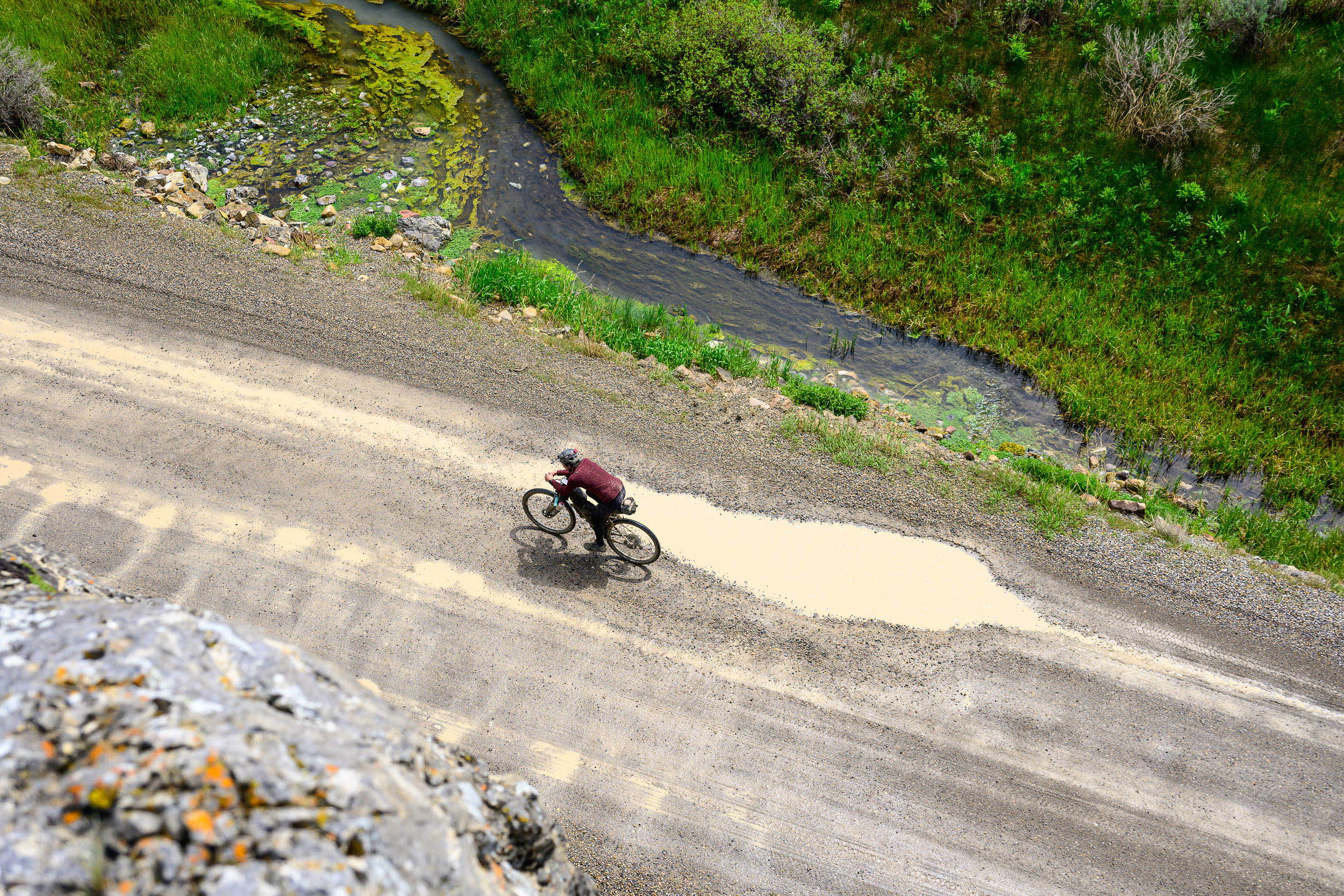2023 L’Esperit de Girona: Q&A with Ulrich Bartholmoes
Following the second annual L’Esperit de Girona event in Spain earlier this year, event organizer James Mark Hayden caught up with winner Ulrich Bartholmoes to learn more about his experience. Find an interview with Ulrich and a selection of photos here…
PUBLISHED Dec 12, 2023
Words by James Hayden, photos by L’esperit del Bikepacking and Nils Laengner
In September 2023, Ulrich “Uba” Bartholmoes lined up in the ancient city of Girona in northeastern Spain at the start of the second edition of L’Esperit de Girona, an ultra-endurance off-road race. Within four days, he became the first-ever finisher. Sound strange? Well, a year earlier, there had been an unexpected winner: the route. No finishers at all.
Winning 14 of the 18 races he’s started, Ulrich had an incredible racing season. In February, he was racing in Rwanda. In April, he won the 750-kilometer Catalunya Trail Titan in record time, racing for the first time on a mountain bike. In June, he was in the United States to tackle the “short distance” (560-kilometer) one-day epic, Unbound Gravel XL, and he finished on the podium in third place. His season peaked soon after when he won the 4,440-kilometer Tour Divide as a rookie, coming within a few hours of the all-time record set by Mike Hall in 2016.
Some of the statistics for his four days in Catalonia are just mind-boggling. He pedalled 730 kilometers in 86 hours, climbing some 6,000 metres each day. The physical and technical challenge was extreme: carrying, pushing and dragging his 13-kilogram mountain bike on the many hike-a-bike sections. A 30-kilometer hike in high alpine terrain at night. Curious to learn more about his experiences, I asked him a handful of questions. Find the interview below.
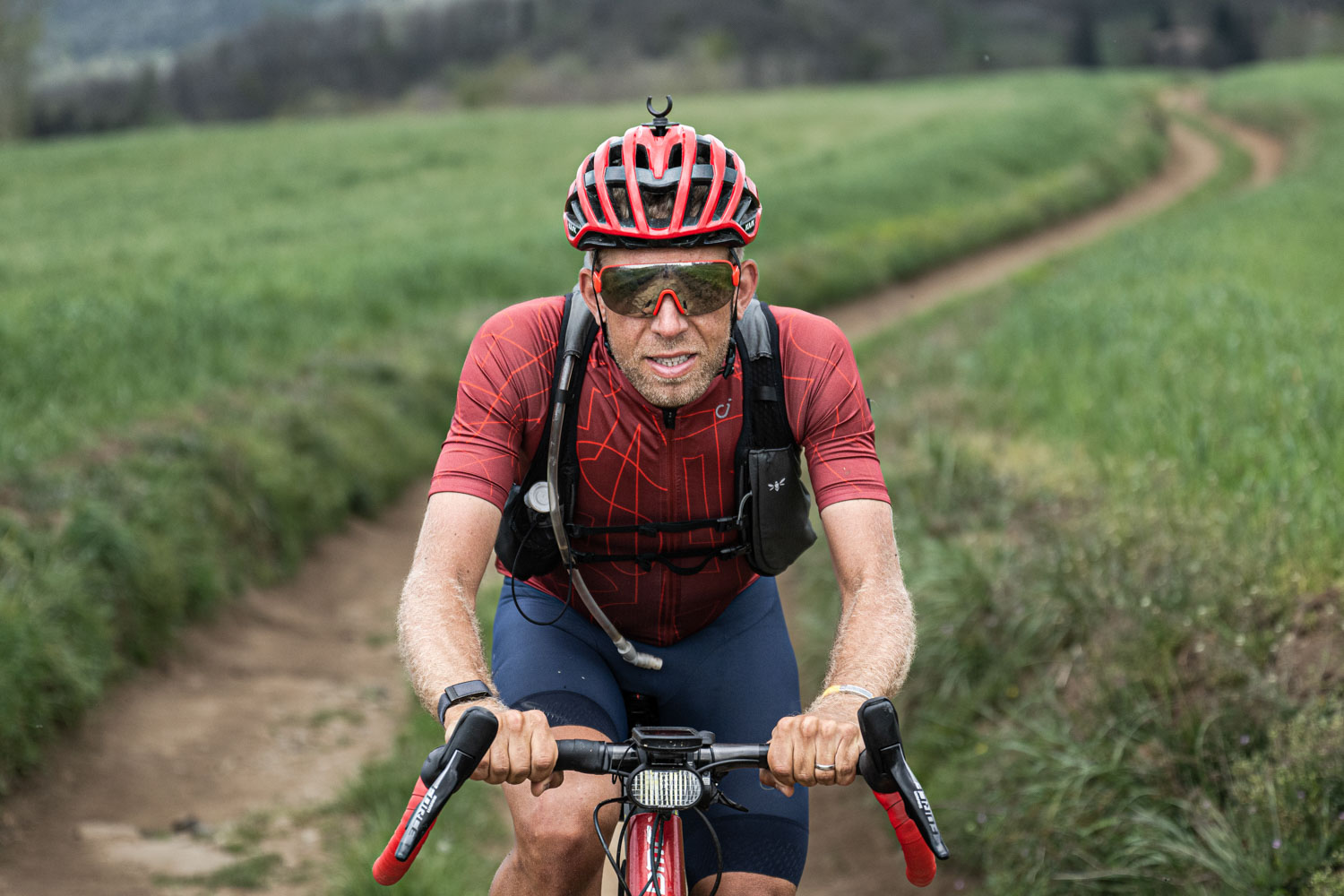
An Interview with Ulrich Bartholmoes
Why did you choose to finish your season with this race?
Because it promised to be so different from everything I had done before. To explain, they were all relatively fast races. Last year, though I hadn’t raced this event, I was at the party, listening to the riders who were out there, talking about all this hiking stuff. It was intriguing, and I was attracted by the concept of a different tempo. For me, it would be the very first race when I actually expected much slower progress. So, it was about getting mentally to the point where I acknowledged it’s not about just winning everything, it’s also about the enjoyment of putting a bike on my back and just hiking. I knew that at one point there would be a four-kilometer hike to high altitude with a 20% average grade. That was pretty cool! It was great having the route start and finish right here, near my home, as well as doing this new stuff.
Did the slower pace enhance your riding experience?
Definitely! Going slow wasn’t a problem. Normally when I race, I try to stick to a certain pace or a timing table that I make for myself. For L’Esperit de Girona, for the first time, I didn’t have a clue! For example, how long would it take me to cross those hiking sections in the Pyrenees? No idea! I simply stepped in there with a new mindset: It takes as long as it takes. I really enjoyed it because I felt less pressure to move fast. Instead, I thought “keep moving,” even if just slowly. We’re all pretty slow in this terrain because it’s so technical. That’s why I really enjoyed it, including hiking up a mountain with a bike on my back, turning around from time to time and just looking down into the valley. It was really a cool experience.
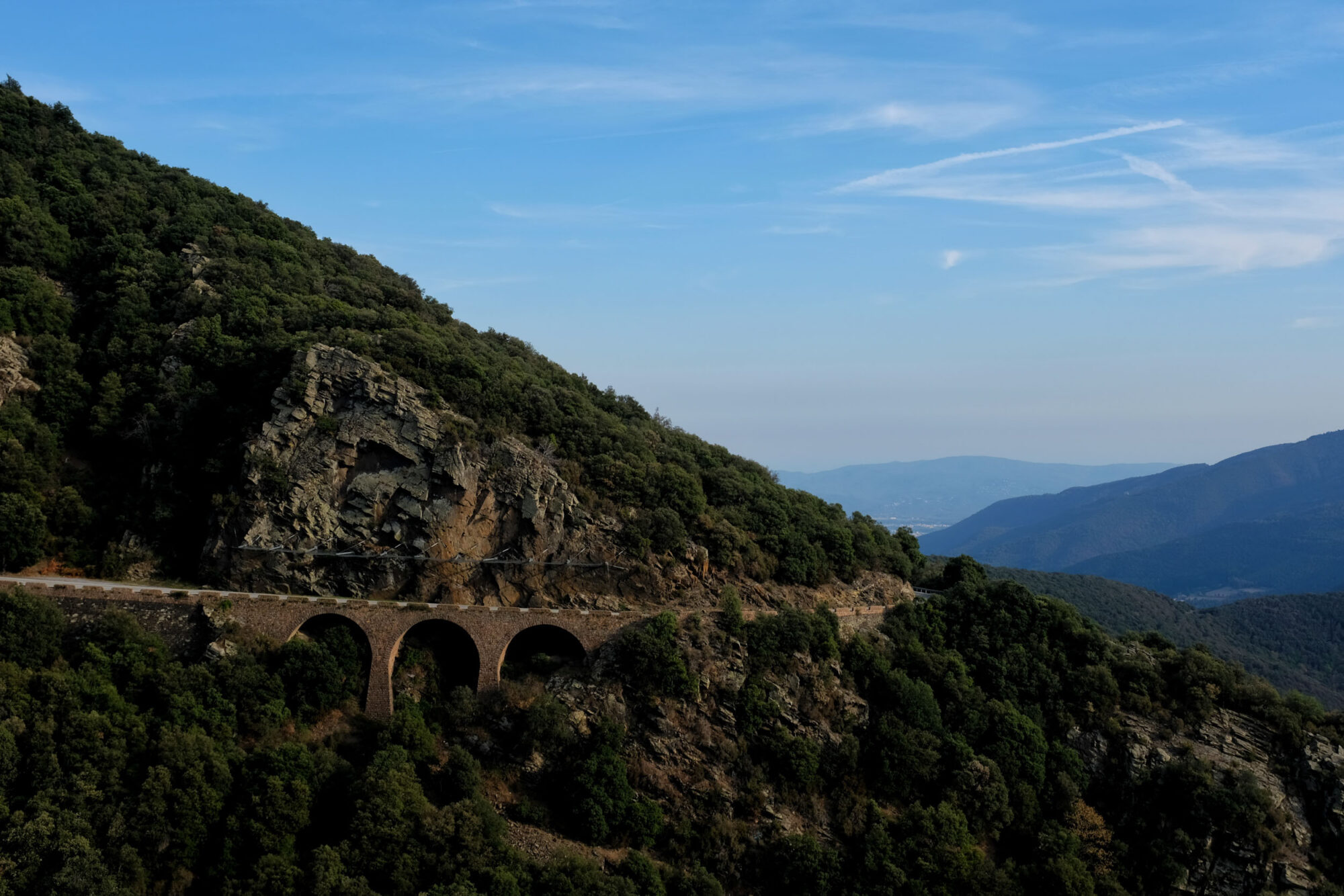
It sounds like quite a contrast to how we usually race: leaning down on the aero bars, maintaining an aero position, moving fast.
Yes, it was so different. At other races, I try to do everything on the bike, from brushing my teeth to eating. No stopping. There were some sections that were maybe just rideable if you really pushed it. Instead, though, I found that if you just got off the bike and walked, you probably went at the same speed. It saves energy.
You went into the event with a very humble attitude and outlook. Do you think that helped you?
I think if you go in with expectations of when you will arrive at the next village or checkpoint, it can mentally break you. There were some sections, if you had studied the GPX file and the elevation profile, when it didn’t look too bad. So, you think, yeah, I’ll be there in three hours. The trail is tough though, winding through forests, sometimes hiking, so it takes five hours. And the shops are closed when you get there because it took you so long. I definitely went in there to have fun, make the best of the experience, and try my hardest.
You’ve been fortunate enough to ride your bike in many countries. How do you find cycling in Catalonia compared to the other amazing places you’ve been?
Every place is totally different. And if you asked me what is my favourite, I couldn’t answer. Doing this here in Catalonia, where I also now live, is like exploring my backyard. This race has proved to me that I don’t necessarily need to go across the Atlantic or into Africa or Asia to do some exciting mountain biking. The Pyrenees were just made for riding and hiking, and I found that you can go up to some really high peaks that are simply stunning. Now I’ve seen this place from a different perspective. For example, until this race, I had never ridden or hiked to the Vall de Núria. It’s a bit like the high Alps but so remote. It’s super beautiful as well. I really loved it.
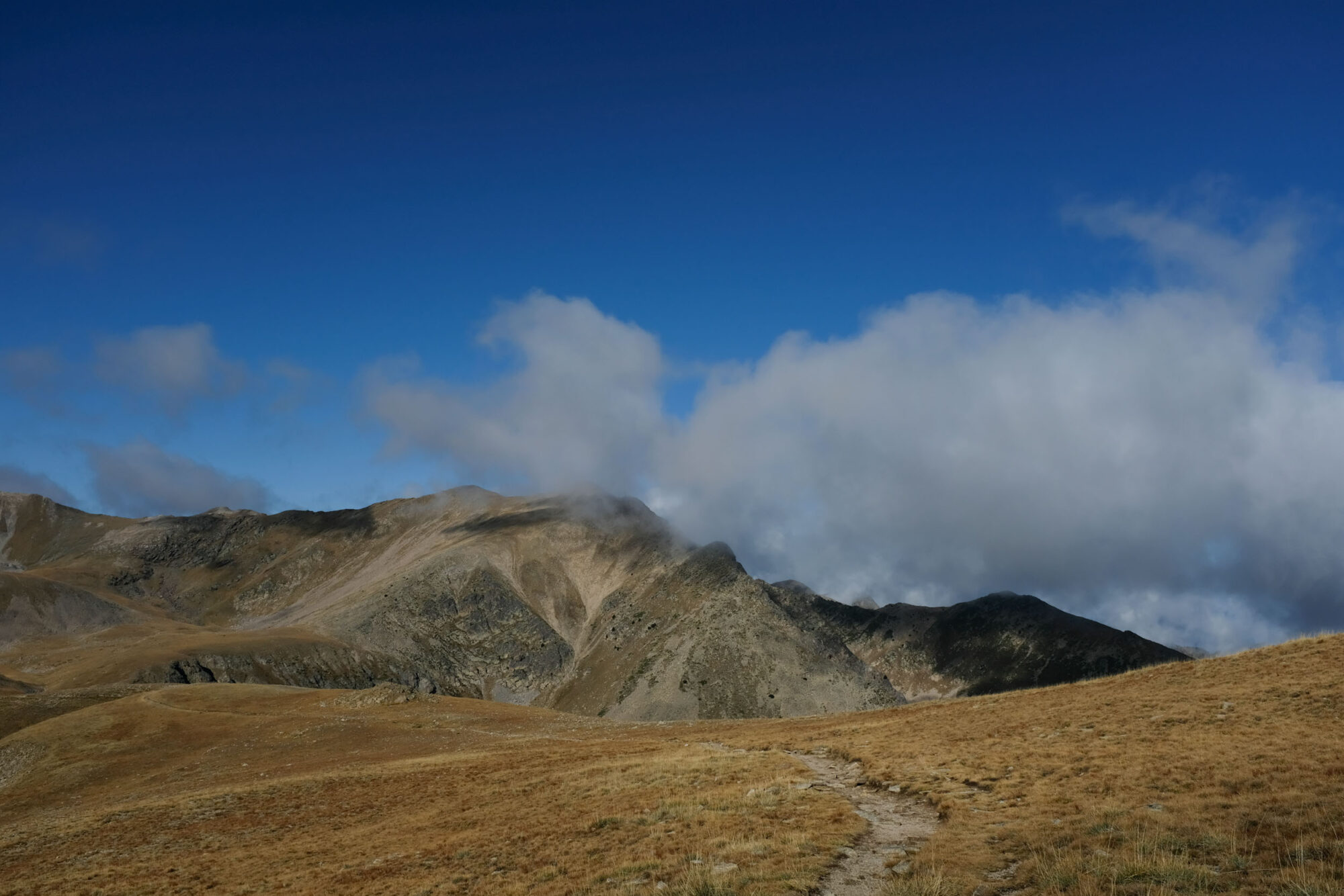
Tell me about your favourite moment of the race.
It was definitely the High Pyrenees. I arrived there, at Lake Núria, which is at almost 2,000 metres, in late afternoon. I then hiked around to the town of Núria, getting there around 7 p.m. I did the climb after eating, up to the highest peak as the sun went down. The light was so beautiful. There were some storms far away, and I could watch them from above. That was such a special moment. There was more to come, though! The long hiking section that followed, up there in the High Pyrenees, was incredible.
It was actually my first proper night hike. I used to hike a lot in the in the Alps but (of course!) in daylight. I had been worried about hiking at night. In the darkness, would I see the paths properly, with the yellow or red paint they put on the rocks to help keep you on the trail? What about if it’s too technical and I get lost up there? It turned out to be a really exciting experience. The hike was nice, and the weather was good. It was a bit windy but it still warm and dry. So, it was actually a super cool night. This was the section I enjoyed the most. I had really looked forward to it and it was definitely a highlight. Unforgettable.
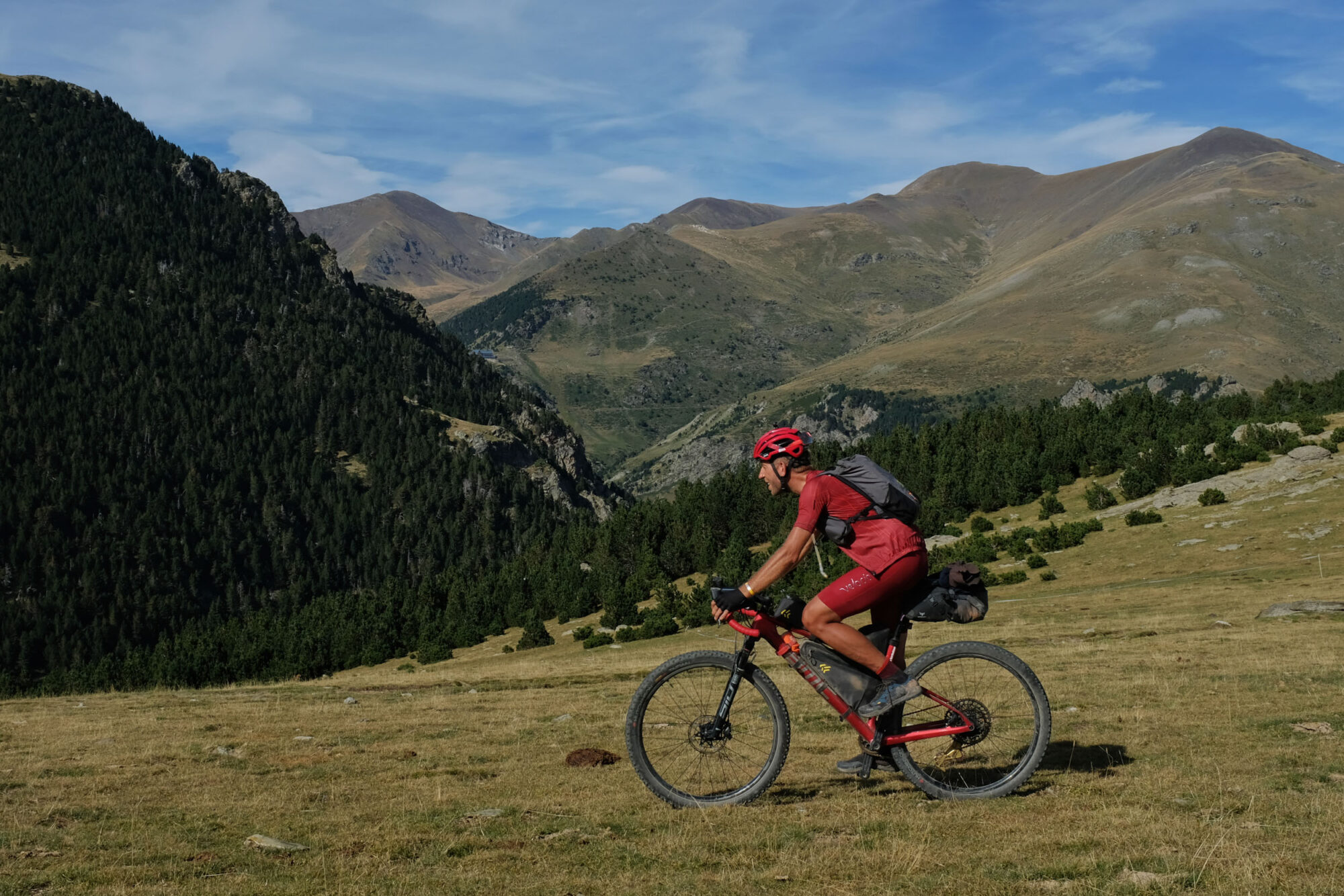
Do you think you’ve grown as a person or a rider from doing the event?
Yes. It opened my mind and showed me a new perspective. Before, when racing, whenever the terrain was too rocky or unrideable, I thought, “It’s a pain, a big mess. I’m here for a bike ride, not to carry or push my bike!” For L’Esperit de Girona, I needed a different mindset. In preparation, I searched for proper shoes, not gravel ones but real mountain biking shoes for walking and riding, with a softer sole, though still with SPD cleats. I really got into this, getting ready for the hiking thing. Again, during the race, I remember: It takes as long as it takes. I think that’s helpful and something I will do in the future.
There was a lot of learning. I mean, when I was carrying the bike and going up that tough section to the top, it was hard enough, and it was painful pushing the bike and carrying it and watching where you put your feet next. But, looking back at it, it was really rewarding. I notice this feeling of being proud. I made it through! With other races, I know where the biggest obstacle is, usually a steep or long climb. Then I do it, and on reflection, honestly, I think to myself: I’ve done both steeper and longer climbs. It wasn’t such a big deal! It’s just another climb. L’Esperit was different. It helped me learn something new. I know that I’ve grown from it.
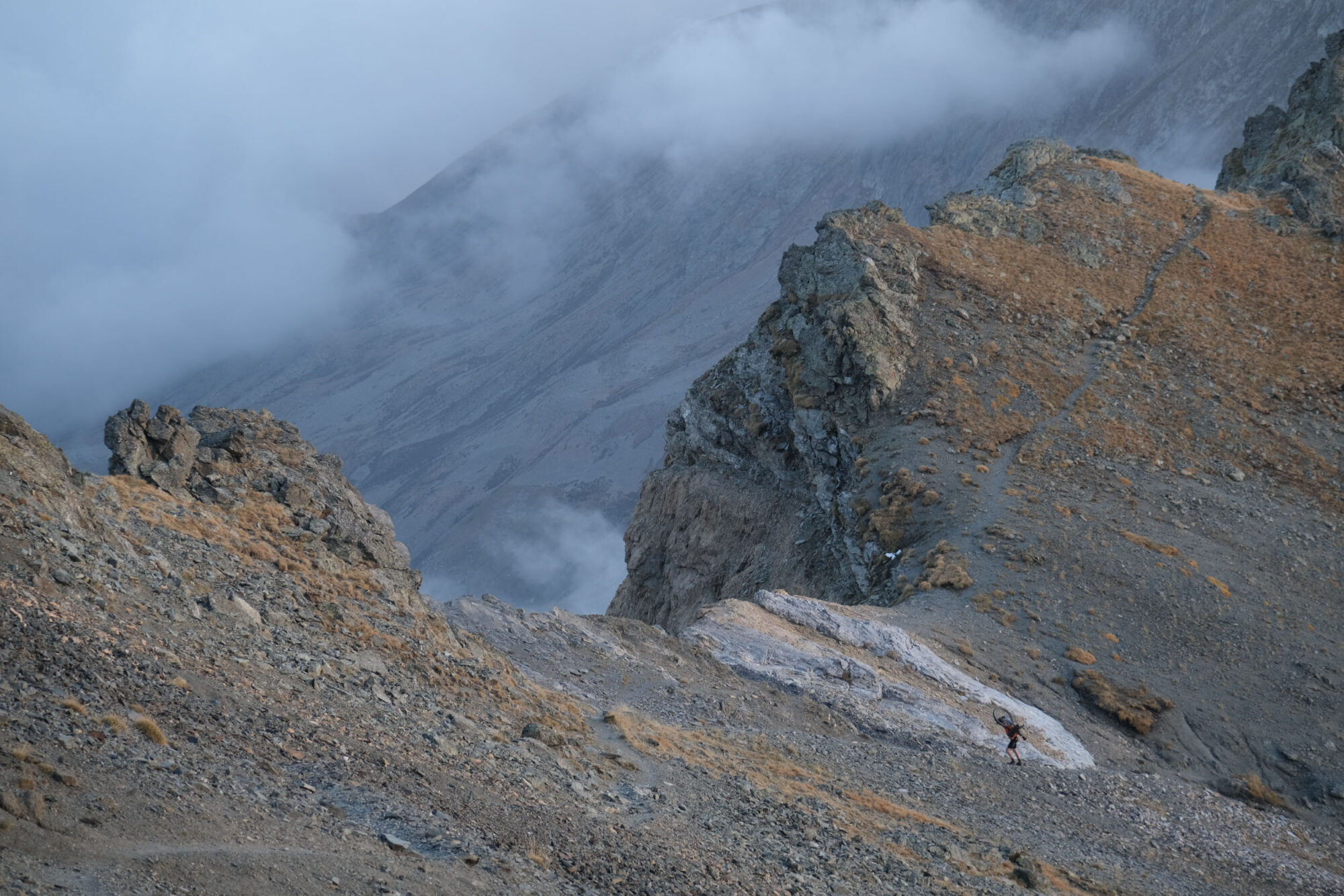
You’ve had a fantastic year, with the obvious highlight being your incredible duel with Justinas Leveika in the Tour Divide. Looking at your 2023 season, it’s been geographically and technically diverse. What has that been like, and what does it mean for your future?
This year has been a story of personal evolution. I started just riding on the road, which was great. And then I started racing on gravel. By the way, I remember that first ride we had together in Girona, when you took me out! You were on your mountain bike, we did some parts of the route for L’Esperit de Girona. Now, when I think about the future, it will definitely be more serious off-road mountain biking on proper singletrack trails. I’ve learnt that they’re the races that take you to those incredible, unvisited and beautiful places. I mean, last year, I was still racing the Transcontinental and was 100% into it. Now, if I had the choice for racing between road and off-road? Well, I’ll be on my mountain bike, because it’s just much more enjoyable. You don’t rush through countries on the main roads. Instead, you find yourself in remote and wild country, maybe with the relief of some occasional quiet tarmac to connect the trails. I want to keep this evolution going and develop the style of riding I’m doing. I want to explore. I don’t need just the next long big climb; I need something different.
Next year’s L’Esperit de Girona will start on September 20th, 2024, and entries open on January 18th. You can learn more here.
Further Reading
Make sure to dig into these related articles for more info...
Please keep the conversation civil, constructive, and inclusive, or your comment will be removed.



